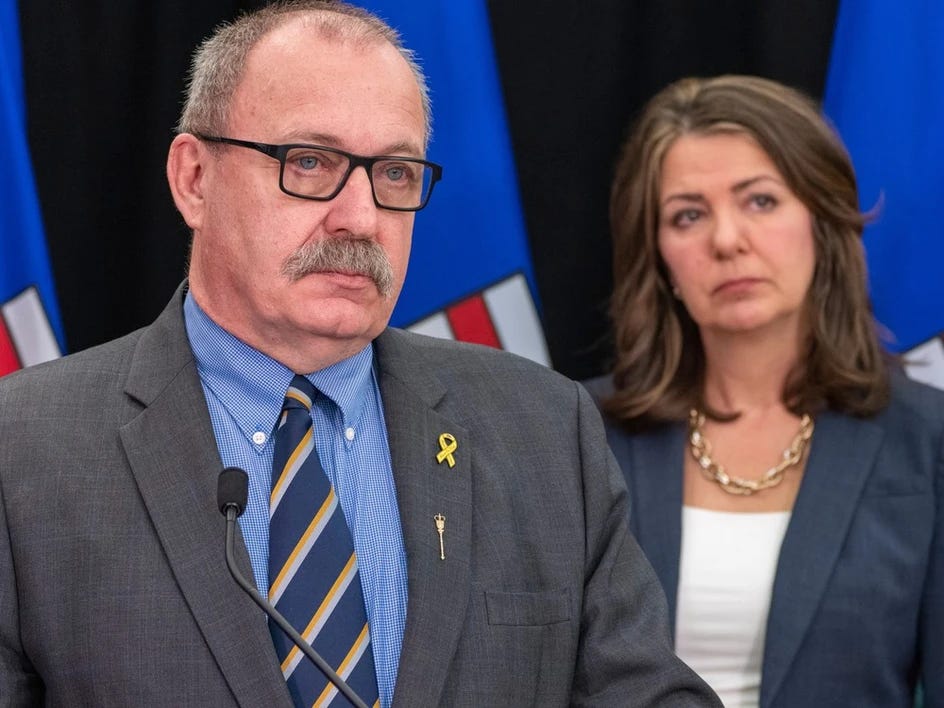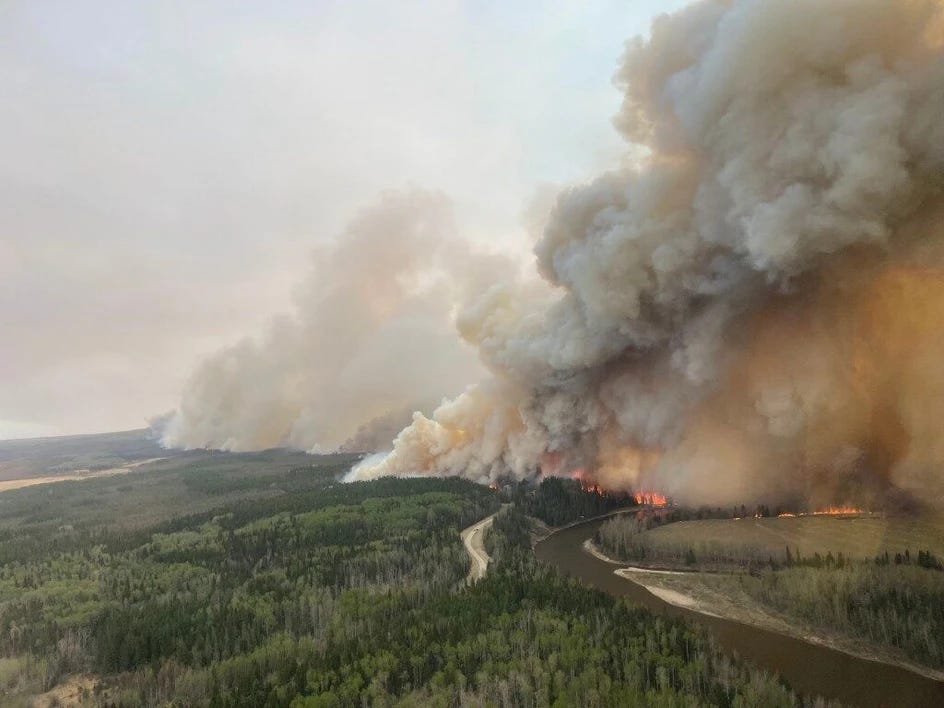Alberta's Political Discourse: Superficial Infighting Over Substantive Policy
The writer expresses frustration with Alberta's political discourse, noting a lack of focus on substantive policy discussions and instead observing superficial infighting and performative policies. They critique the Provincial Priorities Act as another example of neglecting larger social and economic issues in favor of manufactured scandals. The letter highlights concerns about housing, healthcare, and overdose crises being overshadowed by political ego and intergovernmental disputes. Additionally, they criticize the city council's zoning bylaw changes, attributing them to federal influence rather than local needs. Another letter questions the motives behind skepticism towards economists supporting a carbon tax, urging for a more constructive debate. There's also criticism directed at fiscal conservatives for not denouncing unnecessary expenses and increased red tape proposed by the government. Another writer calls for cuts in city spending on non-essential projects to alleviate the need for tax increases. Moreover, there's concern expressed about the Alberta government's ideological agenda, likening it to authoritarian regimes. A suggestion is made to export LNG to cut global emissions, despite potential contradictions in federal climate change policies. Finally, there's criticism of the UCP's stance on liquor pricing, seen as contradictory to free-market principles.
Alberta on High Alert: Bracing for Wildfire Season as El Niño Fades
As Alberta braces for wildfire season, experts predict the end of El Niño and warn of dry conditions, emphasizing the heightened risk of fires due to dead overwintered grass. The province is already experiencing increased fire activity, with cautionary measures in place to prevent human-caused ignitions. Last year's devastating wildfires serve as a grim reminder of the potential dangers, exacerbated by the current dry spell and low precipitation levels. As the region enters the "spring dip," characterized by heightened fire risk, the timing of precipitation becomes crucial in mitigating wildfire threats. Despite transitioning from El Niño to neutral and La Niña conditions, uncertainty remains regarding precipitation patterns and their impact on wildfire severity.
Alberta's Population Surge: Opportunities and Challenges
The population boom in Alberta, driven by job growth and housing affordability, presents both opportunities and challenges. Calgary's Centre for Newcomers has seen a staggering increase in demand for services, reflecting Alberta's record-breaking population growth of over 202,000 residents in 2023. While the province's strong economy attracts newcomers, affordability concerns arise as real estate prices soar. Despite economic benefits, strains emerge, from housing shortages to overcrowded classrooms and a lack of skilled workers. With continued growth projected, Alberta faces the imperative to invest in infrastructure, programs, and education to sustain its development while mitigating the pressures of rapid expansion.
First Reading: Inside Canada's Political Spending Spree
First Reading delivers daily political updates curated by Tristin Hopper from the National Post. In the latest issue, NDP Leader Jagmeet Singh emerges as the highest-spending MP, while Conservative Leader Pierre Poilievre maintains the lowest expenses. Singh's high costs contrast with Poilievre's frugality, reflecting their respective roles and geographical differences. Meanwhile, the Bloc Québécois leads in hospitality expenses, as other news covers B.C.'s nursing crisis and Trudeau's testimony on foreign interference.
Budget Buzz: Will Wealthy Canadians Foot the Bill? Eyes on Tax Plans as Liberals Pledge Fiscal Discipline
Finance Minister Chrystia Freeland aims to prevent the federal deficit from expanding in the upcoming budget, emphasizing adherence to fiscal targets set previously. Despite significant spending announcements, including allocations for housing and defense, questions linger on how the government plans to fund its initiatives. There's speculation that new taxes, particularly targeting corporations and the wealthy, may be introduced. While ruling out tax hikes for the middle class, Freeland hasn't disclosed plans regarding other groups. The prospect of increased taxes on corporations draws mixed reactions, with concerns about its impact on business investment. Stakeholders demand increased spending in various sectors, posing a fiscal challenge. Prime Minister Trudeau's recent nationwide tour previewed budget priorities, highlighting substantial investments in housing and other programs. The Liberals aim to regain control of the political narrative amid criticisms of economic management, particularly from the Conservatives. Despite the uphill battle, Liberals believe there's room to sway public opinion over time, emphasizing the importance of capturing attention and shifting dynamics.
Meta Blocks Canadian News: Bill C-18 Backlash Sparks Debate on Media Access and Misinformation
Meta's recent move to block Canadian news on Instagram, a response to Bill C-18, has stirred controversy. The bill aims to compensate news outlets for content shared on digital platforms like Meta and Google. While intended to support struggling news outlets, the real-world impact is detrimental. Canadians now face limited access to news, risking misinformation and harming smaller publications disproportionately. The bill's timing, amidst layoffs and closures in the media industry, exacerbates the situation. Without diverse local news, communities suffer. While the bill's intentions are noble, its execution cripples Canadian journalism. Reevaluation is imperative to ensure a thriving media landscape and democratic society. Stay informed by subscribing to the Western Gazette's newsletter.
Facing Fiscal Realities: John Rapley on the Inevitability of Higher Taxes in Canada
John Rapley, an author and academic with a global perspective, highlights the inevitability of higher taxes in Canada due to demographic shifts and economic trends, particularly the aging population. While longevity is a societal achievement, it brings new fiscal challenges, with spending on pensions and healthcare outpacing economic growth. Revamping healthcare to reduce government spending may not be a viable solution, as evidenced by comparisons with the U.S. model. Additionally, hopes for a rebound in economic growth through tax cuts are tempered by recent evidence. Instead, Canada may need to follow the U.S. in using public investment to stimulate private sector involvement. Neglecting public investment has left Canada with negative public net wealth, requiring urgent attention to infrastructure, housing, and new industries. Furthermore, external demands such as increased defense spending and the ongoing challenges of pandemic preparedness and climate change mitigation add to fiscal pressures. Ignoring these issues will only escalate costs, necessitating a reevaluation of the social contract between citizens and the state. Canadians are urged to confront these trade-offs proactively to secure a sustainable future.
China's Election Meddling: Insights and Intrigues from Canada's Foreign Interference Inquiry
The public inquiry into foreign interference reveals China's attempts to meddle in Canada's 2019 and 2021 elections, with evidence pointing to sophisticated tactics including misinformation campaigns and coercion of international students. While Canada's spy agency identifies China as the primary source of interference, other threats from Russia and Iran are also noted. Despite concerns raised by politicians and intelligence agencies, the impact of this interference on election outcomes remains unclear, with the threshold for issuing public warnings set high to avoid undermining public trust in elections. The inquiry also delves into specific cases, such as allegations against former Liberal MP Han Dong, and Prime Minister Trudeau's handling of warnings about irregularities in nomination contests. The commission aims to deliver preliminary findings by May 3 and final recommendations by the end of the year, with further hearings planned to assess Canada's ability to detect and deter foreign interference.
Israel's Air Defenses Thwart 99% of Iranian Attack: Tensions Ease but Regional Unrest Looms
Israel praised its air defenses for successfully intercepting 99% of over 300 drones and missiles launched by Iran. The attack was in retaliation for an earlier strike in Syria attributed to Israel. Despite tensions, the U.S. seeks a diplomatic response and assured Israel it won't strike Iran. Both sides declared an end to hostilities. Israel's defense network, aided by the U.S., prevented significant damage. Iran's president warned against further aggression. The incident contrasts with Israel's recent struggles against Hamas. International allies pledged support for Israel and condemned further escalation. Talks for a Gaza cease-fire faced hurdles as Hamas demanded Israeli withdrawal. Hamas welcomed Iran's attack and urged regional support. Additionally, Hezbollah engaged in border skirmishes with Israel, and Iranian-backed groups in Iraq, Syria, and Yemen launched attacks.












